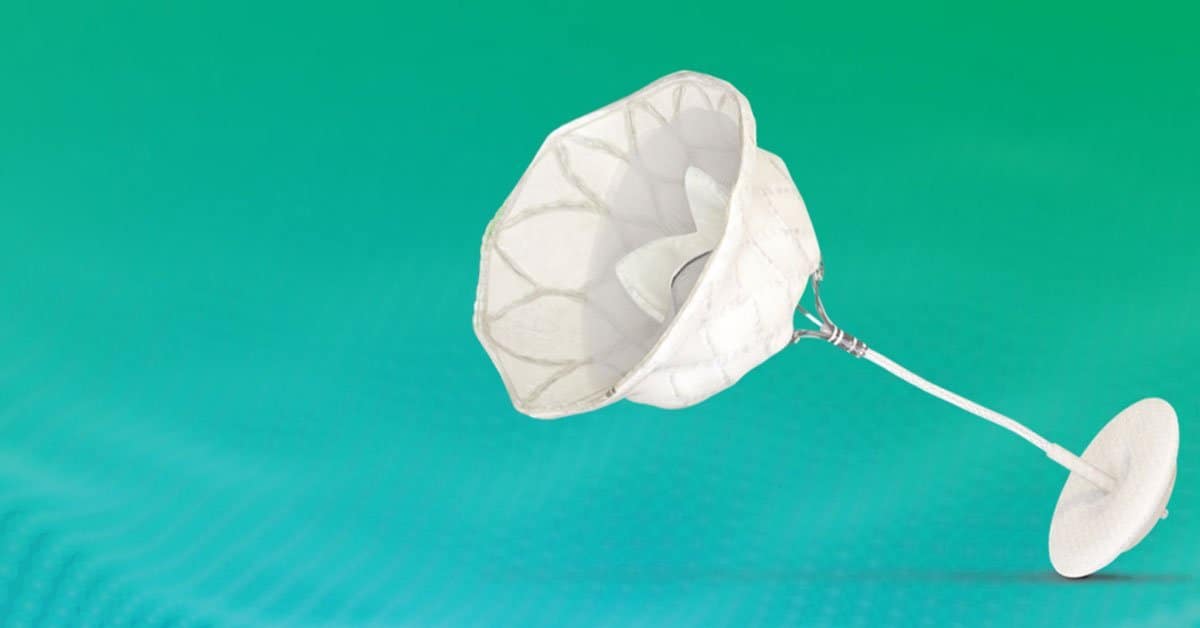In a big step towards better hypertrophic cardiomyopathy treatments, two separate studies presented at ESC suggest cardiac myosin inhibitors’ efficacy depends critically on whether patients have the obstructive or nonobstructive form of the disease.
- Cardiac myosin inhibitors like aficamten (Cytokinetics) and mavacamten (Bristol-Myers Squibb) treat HCM by reducing hypercontractility.
- Current guidelines recommend adding these medications after beta-blockers or calcium channel blockers fail, but beta-blocker efficacy in HCM has been limited despite decades of use.
- There are two forms of HCM: obstructive which leads to thickened heart muscle that blocks blood flow out of the heart, and nonobstructive which leads to muscle thickening without impairing blood flow.
Two different trials presented insightful outcomes at ESC 2025, with MAPLE-HCM testing aficamten versus metoprolol in obstructive HCM patients, and ODYSSEY-HCM testing mavacamten versus placebo in nonobstructive HCM.
MAPLE-HCM found Cytokinetics’ aficamten led to a 2.3 mL/kg/min improvement in peak oxygen uptake, plus better outcomes in NYHA class, quality of life scores, and LVOT gradients compared to metoprolol.
- Aficamten showed comparable adverse events to metoprolol in MAPLE-HCM (8% vs 7%) for treating obstructive HCM.
- The results of MAPLE-HCM also potentially support the drug’s use as a first-line monotherapy in obstructive disease.
ODYSSEY-HCM found that BMS’ mavacamten led to non-significant improvements in peak oxygen uptake (0.47 mL/kg/min difference) and QoL compared to placebo.
- Patients taking mavacamten for non-obstructive HCM saw more treatment interruptions (14.6% vs 5.2%).
- When treated with mavacamten, 21.5% of patients experienced reductions in LVEF that brought them below 50% LVEF while 2.4% of treated patients saw their LVEF drop below 30% (though this was reversed for all but three patients after stopping the medication).
- With the results of ODYSSEY-HCM, cardiac myosin inhibitors might face a nonobstructive setback.
With the obstructive versus nonobstructive divide, the future of cardiac myosin inhibitors may depend on precision medicine approaches and drug-specific advantages.
- For example, aficamten offers potential drug management advantages including shorter half-life for easier monitoring, though its FDA approval is still pending.
- With how complex nonobstructive HCM is, treating it with cardiac myosin inhibitors may require identifying specific physiological subgroups to be more effective.
The Takeaway
These pivotal trials suggest cardiac myosin inhibitors could be the future first-line therapy for obstructive HCM while highlighting the complexity of the disease’s nonobstructive form. That said, the data seems to already support replacing decades-old beta-blocker therapy as a first line treatment.






